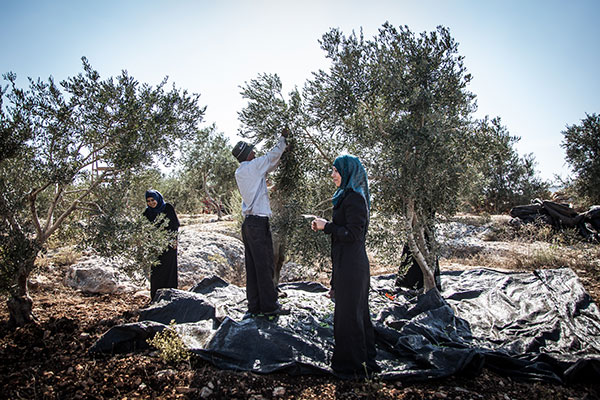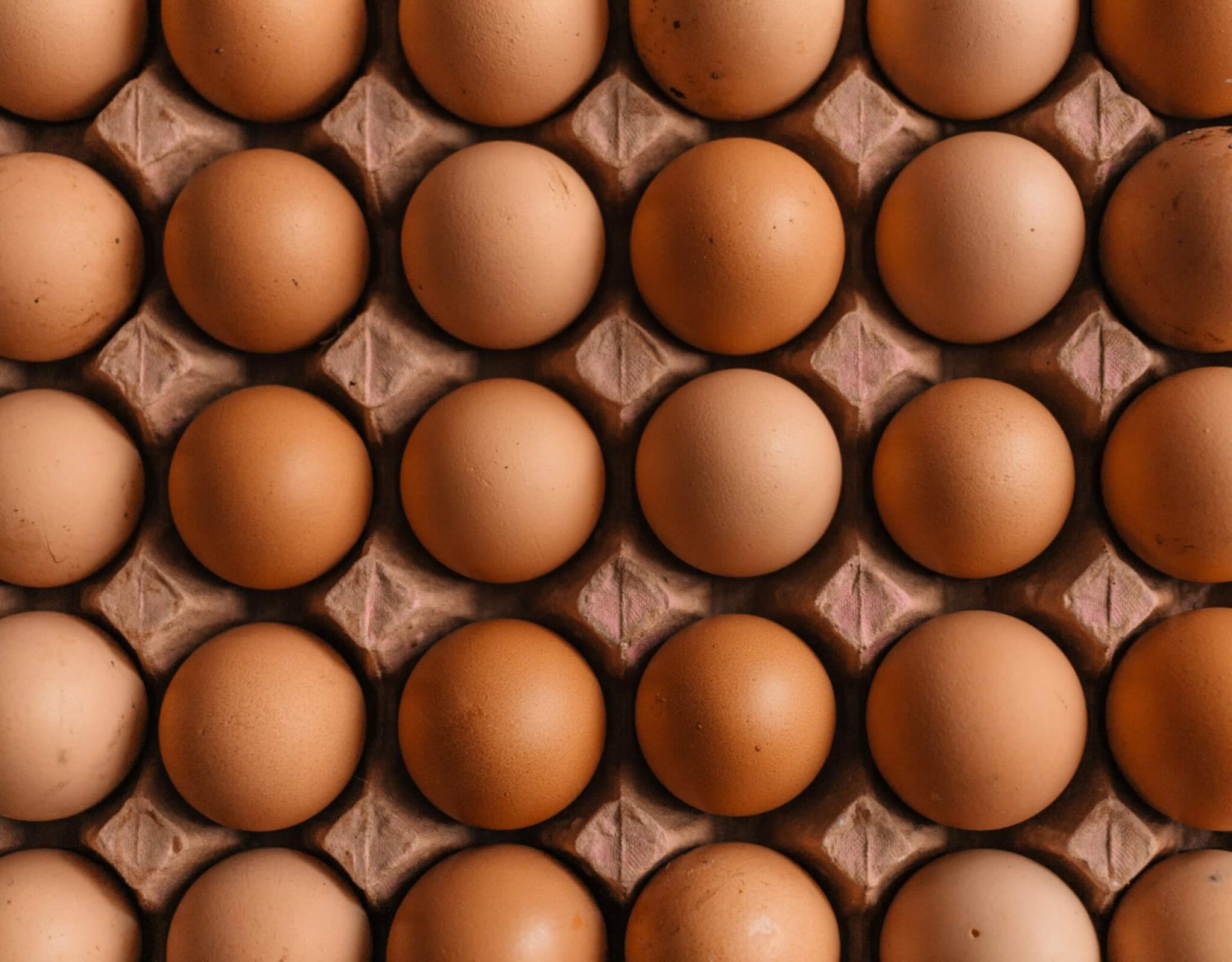For Palestinian farmers, the word ‘Fairtrade’ is far more than a label.
The country has faced decades of conflict over land ownership with neighbouring Israel, and its two remaining self-contained areas – the Gaza Strip and the West Bank – are now occupied by increasing numbers of illegal Israeli settlements, with the backing of the US as Israel’s major ally.
Located close to Jordan and Lebanon, and not far from the eastern Mediterranean, the land in Palestine’s West Bank is suitable for a range of crops, including olives, nuts, grains and vegetables. But cut off from the rest of the world and restricted in access to water and even their own farms, Palestinian farmers are not able to make the most of their natural resources.
“When you say occupation, simply this is the answer: it’s an occupation,” says Mohammed Al Ruzzi from the Palestinian Fair Trade Association (PFTA), which helps 1,000 farmers, via 51 farming cooperatives, reach international markets for their Fairtrade olive oil, dates, almonds and grains, like maftoul and freekeh.
“Some farmers, especially those located close to the separation wall that separates the West Bank from Israel, had their lands cut in half, or cut off by the separation wall. Now, if they want to get to their own lands, they need a special permit from the Israeli authorities.”

The PFTA began in 2004 as way of offering farmers higher prices than the domestic market, which had collapsed after the second intifada, a major country-wide revolt over the occupation. It works with companies like Zaytoun, a UK social enterprise that sells Fairtrade Palestinian products across the UK, as well as raising awareness and working in political advocacy for farmers and farming families in Palestine.
But the Fairtrade label and the supplementary ‘premium’ offers much more than a guaranteed income, explains Ruzzi. “For us as Palestinians, the olive oil, and the magnificent olive tree – it’s our identity. We believe it’s our history, and we believe it’s our future.
“It’s our message to the whole world: it’s important that people know that there is a nation of Palestinians who can produce a high-quality olive oil. When you as a customer in the UK enter a Fairtrade store, you will find on the shelf 100 per cent olive oil produced in Palestine, by Palestinian farmers.”
As well as a powerful symbol of identity, the oil produced in Palestine has its roots in traditional farming techniques, which Ruzzi says are “regenerative by default”.
Soil health, inter-cropping and composting are all used by Palestinian farmers, who often combine the two biggest crops like olives and almonds, with secondary crops like wheat, legumes or fava beans, to reduce the risk of disease.

“Regenerative farming is a group of practices,” he says, adding that 96 per cent of his farmers are organic as well as Fairtrade-certified.
“The most important thing is the health of the soil. We train our farmers in zero or low tillage, where you reduce the amount of times you plough the soil. It’s important not to destroy the microbial populations in the soil, which are very important, and which are absorbed by the roots of the trees.”
Organic farming elsewhere in the world often comes from a desire for agriculture to be in harmony with nature; in Palestine it is also a result of the restrictions of the political situation. “In Palestine, if you need an input then all the materials are imported through Israel,” explains Ruzzi. “It’s not easy to import whatever we need, so we need to find alternatives. For example, we use crop rotation,” he says, which improves soil health so fewer inputs are needed.
Farming, exporting and even living inside an occupied country may be hard to communicate, but there are glimpses of the reality. Before we speak via Skype from his hometown of Jenin, in the West Bank, Ruzzi describes how only that morning, two Palestinians have been shot, he says, one of whom was his neighbour.
For farmers, the situation can make basic farming tasks dangerous. Zaytoun now supports a charity to send volunteers over to help with the harvest, as Palestinian farmers are often harassed or attacked by Israeli settlers at the time of harvest, something that is less likely to happen if there are Western ‘witnesses’ within the group.
The conflict in Palestine is ultimately about land ownership, and as industries that are embedded in the land, farming and agriculture are closely tied to social justice.
“In one village we know of, there is an old lady and her plot is located inside the settlement,” says Ruzzi. “And every year she gets a permit and enters inside the settlement just to say: ‘I still own this land’. There’s hardly anything to harvest because the settlers will already have taken the olives, but it’s simply to say ‘while I am breathing, this land belongs to me’.”

For Ruzzi and the Fairtrade farmers he supports, the certification brings a vital link to the outside world and a chance to tell their story. “Of course, if we have more customers, more olive oil will be exported from Palestine. Economically, and financially, more money will go to the farmers,” he explains.
“On the other hand, what is more important is the message. When you go into a shop and you see this olive oil and it’s labelled as Palestinian, maybe you [already know] about Palestine and what’s happening. For other people, they can go online and start searching about it.
“When people visit us in Palestine, I’m always telling them that this small quantity of olive oil, let’s say it’s a half litre, for us it’s a powerful message for us to tell the world about our story,” he says.
The olive branch has long been a symbol of peace, but for Palestine’s Fairtrade farmers it is a lifeline to the outside world.
Fairtrade Fortnight is run by the Fairtrade Foundation in the UK and takes place between 24 February and 8 March 2020. Follow the campaign on social media under the hashtags #FairtradeFortnight and #SheDeserves.










0 Comments